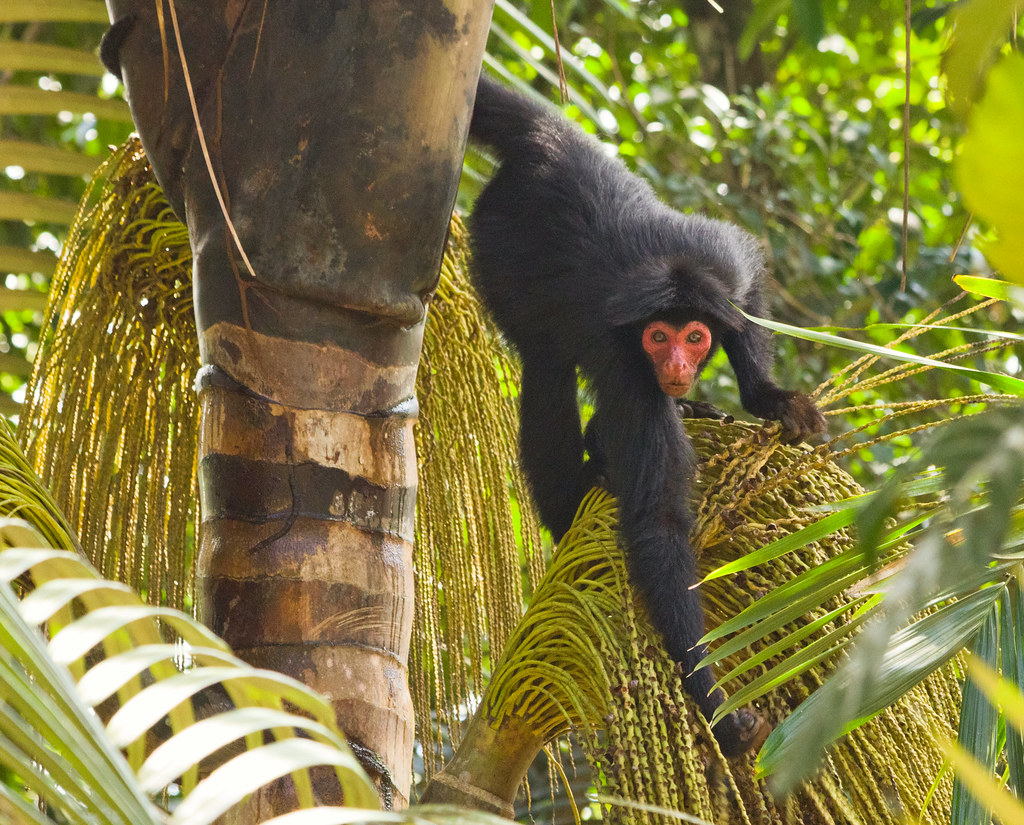
Forest Trends is an NGO I’ve been familiar with for a number of years, primarily through a deputy director, Gena Gammie, who lives in Lima and heads up water conservation initiatives there. I’ve interviewed Michael Jenkins, the founder and CEO, several times and have always found him knowledgeable and candid — no nonsense, like Phil Duffy at Woodwell Climate Research Center. So when Forest Trends released a major new report on illegal deforestation connected to agriculture commodities, I knew we had a for a solid story for Mongabay. The story linked here. Also, Mongabay produced a short, subtitled video of my story for social media, linked here.
An excerpt: “In its report, Illicit Harvest, Complicit Goods, NGO Forest Trends found that at least 69% of tropical forests cleared for agricultural activities such as ranching and farmland between 2013 and 2019 was done in violation of national laws and regulations. The actual amount of illegally deforested land is immense during that period – 31.7 million hectares, or an area roughly the size of Norway.
“The report reveals the climate impact of this illegal agro-conversion is equally significant, making up 42% of greenhouse gas emissions of all tropical deforestation. The related emissions total of 2.7 gigatons of CO2 annually during the seven-year period is more than India’s fossil fuel emissions in 2018. The study notes that if tropical deforestation emissions tied to commercial agriculture were a country, it would rank third behind China and the U.S.”
The problem only gets worse year by year — even as climate and national leaders stress that there were few things more important in curbing global warming and protecting biodiversity than dramatically reducing deforestation — especially in places where it’s already illegal. The issue will need to be a high priority at the United Nations climate summit, COP26, in Glasgow, Scotland, in November 2021.
Special thanks to Mongabay’s Morgan Erickson-Davis for her careful edit.



